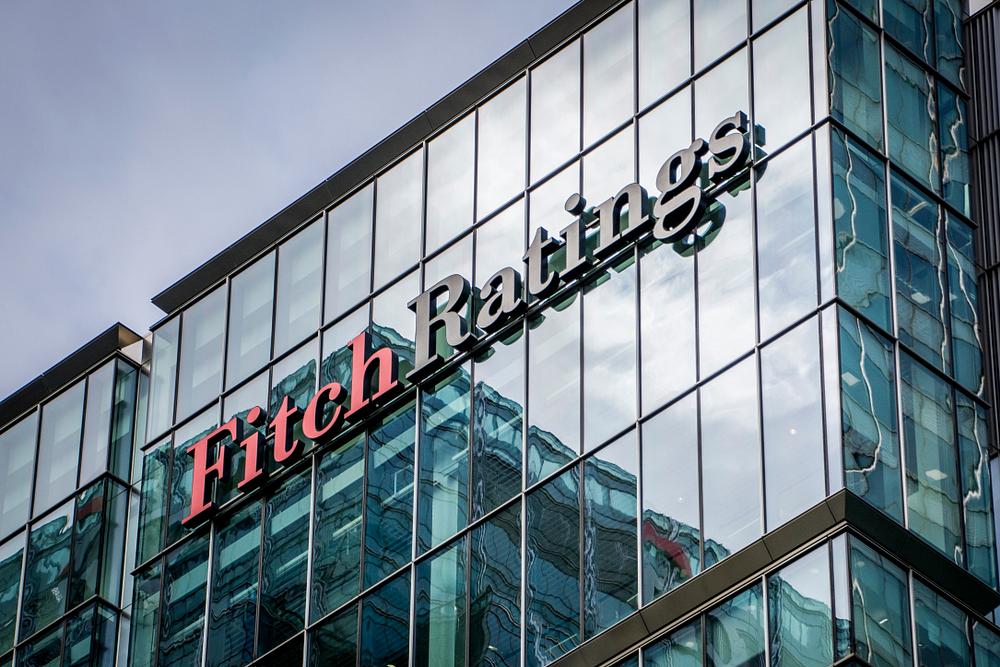Fitch confirms investment-grade rating, but also negative outlook for Romania



International rating agency Fitch on October 22 has affirmed Romania's sovereign long-term rating (IDR) at BBB-, keeping it at the lowest level of the investment-grade area, but it also maintained the negative outlook.
The agency argues that the successful implementation of reforms under the Relaunch and Resilience Facility (RRF) could help address some of Romania's main structural fiscal challenges. The Excessive Deficit Procedure (EDP) will serve as an important anchor regardless of which party is in power.
Romania's GDP per capita, public indebtedness, governance and human development indicators are above those of its BBB-class peers. These are, in contrast, balanced by wide twin deficits, relatively high net external indebtedness, poor fiscal consolidation track record and budget rigidity.
The negative outlook reflects continued uncertainty regarding the implementation of policies to address structural fiscal imbalances over the medium term and the impact on Romania's public finances from lingering pandemic risks and rising energy costs.
Fitch would downgrade Romania if the policy credibility deteriorates, threatening the public finance (faster-than-expected budget deficit or reduced financing flexibility) or in the case of sustained deterioration in the balance of payments (current account's deficit and its financing sources).
Fitch expects only moderate fiscal consolidation, to a 5.8%-of-GDP budget deficit and a gross public debt/GDP of 55.2% in 2023. Fitch expects relatively large current account deficits in 2021-2023, averaging 6% of GDP as a recovery in exports is offset by solid import demand.
On the upside, the rating agency forecasts non-debt-creating inflows to cover an increasingly large share of the current account deficit (close to 80% by 2023) as EU transfers accelerate.
(Photo: Shutterstock)
iulian@romania-insider.com